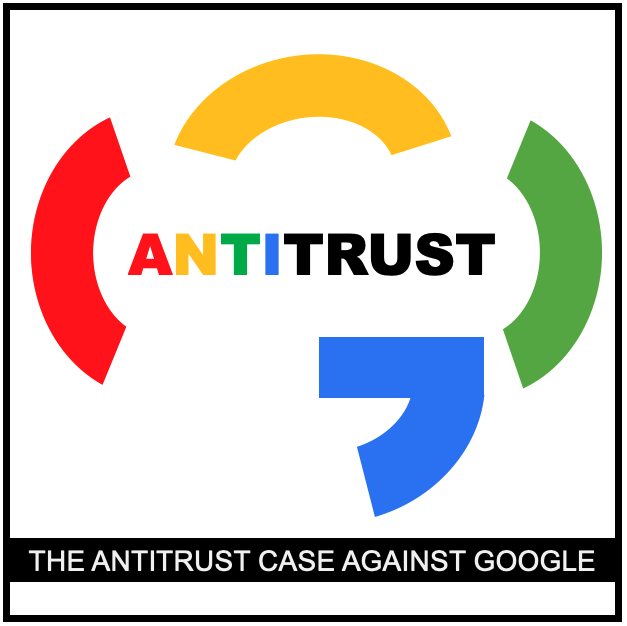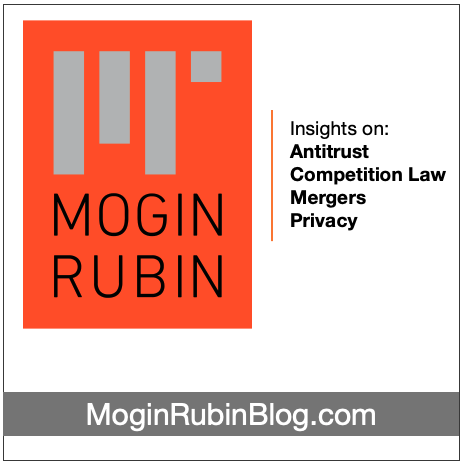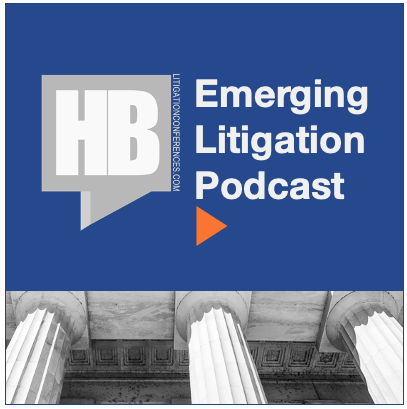Like a blog, with focus on news in all of the categories listed here. Straight news, analysis, commentary.
Facial Recognition: How It Works and How It Doesn’t
Debbie Reynolds Founder, CEO & CDPO Debbie Reynolds Consulting Website Martin T. Tully Founding Partner Actuate Law Website Facial Recognition: Benefits & Risks Editor's Note: Imagine how great technology would be if it weren't for people. Since the beginning of time man has developed remarkable solutions to common problems. But leave it to nefarious, despicable, criminal or just plain dumb people to ruin them for the rest of us. You know, like gun powder, nuclear power, and the internet. Facial recognition programs and collection of biometric data would appear to have more benefits than risks, but those risks are there. As use of the technology proliferates we can expect more litigation as additional states follow Illinois -- the first to enact a state Biometric Information Privacy Act. Martin T. Tully of Actuate Law LLC and Debbie Reynolds of Debbie Reynolds Consulting LLC, outline these risks and how regulation and litigation is responding in their article: Facial Recognition Proliferation: Litigation and Legal Implications of Biometric Technologies. Below are a couple excerpts from their article, published in the January 2021 edition of the Journal on Emerging Issues in Litigation. --Tom Hagy Some FR technologies use a scanner to identify 4,500 different points of facial geometry to create a map of a person's face. The application doesn’t [...]










